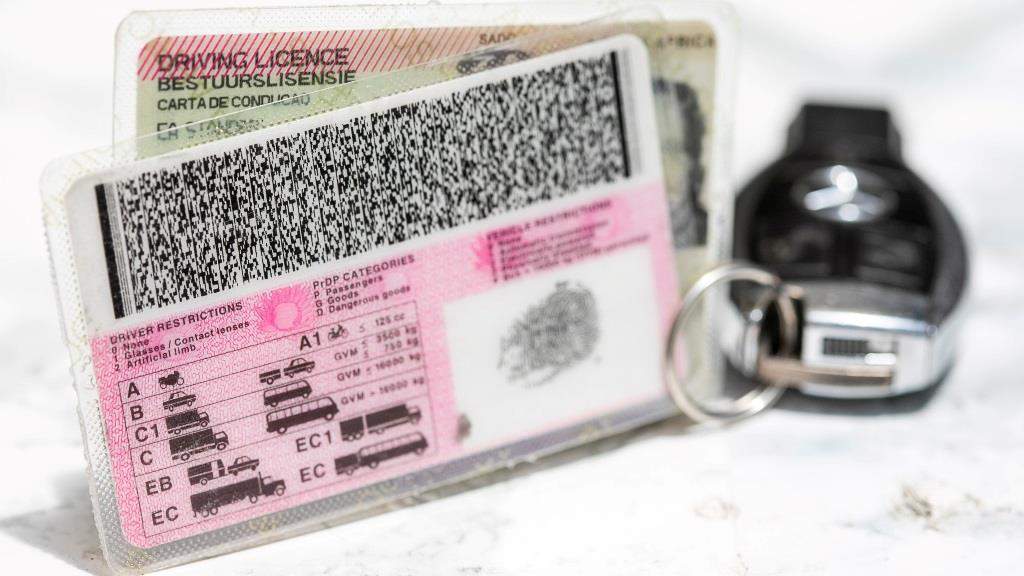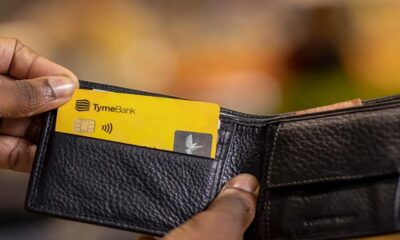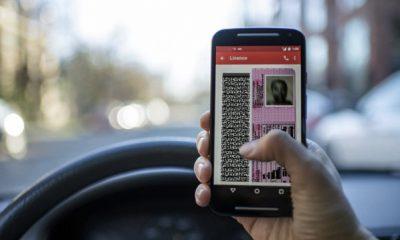Business
South Africa’s Digital Licence Dream Stalls as Reality Bites

The Future Was Meant to Be Digital. So Why Are We Still Waiting?
At first glance, going digital with driving licences sounds like the kind of tech leap South Africa sorely needs. No more cracked plastic cards, no more hours in licensing queues. Just a digital document, accessible on your phone, like many other countries already offer.
But as it turns out, South Africa’s digital licence dream is bumping into an all-too-familiar reality: bad systems, broken trust, and a tender process that rewards connections over competence.
Not a Tech Problem; a Trust Problem
The issue isn’t whether the technology exists. It does. Countries like Estonia, South Korea, Denmark, and Singapore have been using secure digital licences and ID systems for years. We’re not waiting for the world to catch up. South Africa is trying to catch up with the world.
According to tech analyst Arthur Goldstuck, the real roadblock is not the innovation; it’s the infrastructure. And worse, it’s the culture of awarding government tenders based on favour, not merit.
Goldstuck warns that if the digital licence tender goes to the wrong players, we’ll end up with a weak, insecure system that wastes public money and leaves citizens worse off. “What’s needed is encryption, biometric protection, offline functionality, and most importantly, the right people building it,” he said.
The Digital Divide Is Still Very Real
Even if we got the tender process right, there’s another elephant in the room: access. Not everyone in South Africa owns a smartphone, and for millions, data is still unaffordable.
A digital-only system would risk cutting people off from something as basic as the right to drive. And that’s not just a tech failure; it’s a public service crisis.
Any shift to digital needs to include physical alternatives, which means the current backlog and inefficiencies with physical licence cards won’t be solved by going digital alone.
What Is the Government Actually Doing?
Despite these setbacks, the Department of Home Affairs (DHA) is still rolling out broader digital services. Its Smart ID and passport programme is expanding into hundreds of bank branches across the country, with 100 new locations opening from October and 1,000 more by the end of the medium term.
There’s also talk of integrating services with banking apps and moves from SARS and the Reserve Bank to build a unified digital ID ecosystem, potentially linking payments, IDs, and even licences.
PayShap and cashless transactions are gaining traction, and government departments are slowly exploring how digital could simplify services.
But here’s the catch: none of this will work if the foundation is shaky. You can’t plug advanced tech into a system riddled with corruption and expect miracles.
Social Pulse: Tech-Savvy or Tired of Empty Promises?
Online, South Africans are both hopeful and wary. Some users are excited about the promise of a fully digital ID system, but most are sceptical. One popular comment read, “They can’t even get the card printer working, and now they want to give us an app?”
Others have raised concerns about security, accessibility, and the likelihood that politically connected vendors will win contracts, even if they’re unqualified.
In short, we want the future, but we don’t want it handed to the wrong people.
Also read: Speeding, Fines, and the Truth About Tolerance: What Every SA Driver Needs to Know in 2025
Follow Joburg ETC on Facebook, Twitter, TikT
For more News in Johannesburg, visit joburgetc.com
Source: Business Tech
Featured Image: News24





















